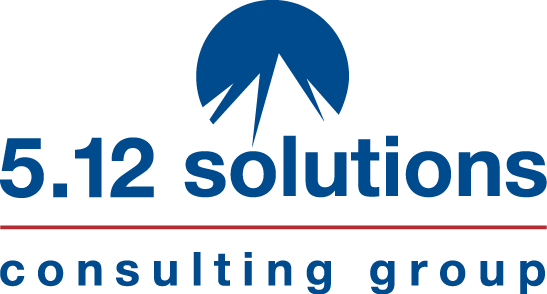From Destructive to Productive Conflict
Conflict is inevitable. How to respond to it is a choice.
That’s why we advocate for a productive approach to conflict. What does productive conflict mean? Productive conflict means that individuals understand their approach to conflict and its impact on others and are able to adapt effectively. It means that teams address conflict directly, honestly and respectfully. And it means that organizations create environments where the truth is encouraged and welcomed.
With the right skill sets and mind-sets, you can transform conflict from destructive interactions to constructive outcomes at the individual, team and organizational levels.
Individuals in Conflict
For some, the tendency in conflict may be to fight. Others may strive to openly express themselves emotionally. Perhaps your tendency is to avoid conflict altogether and let it simmer under the surface. Or, maybe you prefer to initially withdraw and then rely on logic to make your case.
What are the factors that have influenced how you engage in conflict? How do you respond when you disagree with others and emotions rise? How would you prefer to respond in conflict so that you can be more productive?
Teams In Conflictkn
When teams don’t effectively engage in conflict, they fail to gain commitment, experience the “meeting after the meeting,” and decisions get revisited over and over again. Conflict on teams doesn’t have to be a negative experience, and, in fact, on too many teams conflict avoidance or artificial harmony is just as destructive as overly aggressive conflict.
However, conflict doesn’t have to be a negative or destructive experience.
Organizations in Conflict
An organization’s conflict culture almost always starts at the top with the senior leadership team. What is rewarded and criticized by senior leaders ripples across an organization and sets the conflict tone. And, there’s always a direct correlation between destructive conflict and negative business outcomes. Conflict avoidance results in delayed decisions, complacency, and toleration of poor performance. Overly aggressive conflict results in a fear-based environment where people are guarded and afraid to share the truth of what’s happening in the business.
What is the conflict culture in your organization? What is rewarded and criticized when things get stressed and chaotic?
Make Your Conflict Productive
With the right mix of mind-set and skill set, you, the people on your team, and your overall organization can be more effective.
- Instead of approaching conflict overly aggressively or passively, you’ll have direct, honest and respectful dialogue.
- Instead of getting bogged down in analysis paralysis, you and your team can be more decisive, innovative and move faster.
- Instead of keeping people at a distance or being overly appeasing, you’ll strengthen your relationships and get more done.
That’s the power of what becomes possible when individuals, teams and organizations productively approach conflict.
Get Your Productive Conflict Toolkit and Masterclass Here
To support you in your efforts to flex your productive conflict muscles, here are two tools to help you and your team engage more productively in conflict.
Productive Conflict Toolkit: This 11-page Productive Conflict Toolkit is designed to help individuals, teams and organizations ask different questions about conflict, uncover the current mindset about conflict, and provide tools and tips to shift from destructive to productive outcomes.
Productive Conflict Masterclass: In complimentary, one-hour, masterclass where we’ll explore conflict in more depth, help you and your team identify issues you may not see and tackle some of the stickiest conflict in your work environment.
Fill out the form below to download the Productive Conflict Toolkit and view the Productive Conflict Masterclass.
